- The Karakoram Highway connects Pakistan and Xinjiang, China. With the industrialization of Xinjiang, trade on this route will pick up

People are looking forward to the Karakoram Highway, which winds through the high mountains of northern Pakistan and extends to western China. Both countries are refurbishing it and seeing its potential as a road to trade. Pakistan also sees it as a way to consolidate control of the territory that India is vying for.

Reconstruction of the Karakoram Highway is an important part of China's trade and infrastructure plan in the region, and local residents have high hopes for this
However, some of this 500-mile-long route was hardly a two-way road, but was cut out in a valley below a steep hillside. It was hit by falling rocks, floods and earthquakes. The landslide that occurred in 2010 blocked a river and flooded about 14 miles of road. The road was almost closed in heavy snow.

A freight truck rolls over a hairpin-shaped turn at the northern end of the Karakoram Highway, which borders China. Roads are often narrow, clinging to steep hillsides and flooded by landslides and floods
The most dangerous part is the last stop into China. "In fact, we can call this part the Museum of Geological Hazards," said Sarfraz Ali, a geologist who studies the effects of climate change on the highway at the National University of Science and Technology, Pakistan.
The Karakoram Highway, named after its mountainous mountains, was a major feat built in the 1950s and 1970s. The Chinese government has now invested about $ 2 billion in rebuilding a nearly 160-mile highway to replace the old Karakoram Highway between Havilian and Lekkot towns in Pakistan. The final phase of the project is expected to be completed in March 2020.
The reconstruction is an important project of the China-Pakistan Economic Corridor (CPEC). China plans to invest more than 60 billion US dollars in Pakistan for energy and transportation.

A group of boys clings to the back of a pickup truck that crosses part of the Karakoram Highway in northern Pakistan. A Chinese company is repairing the pickup truck
he Karakoram Mountains are open to many members of the public, but foreign journalists must obtain Pakistani military permission to enter its remote northern parts.
Today, cars drive on new highways north of Islamabad until they divert into old routes, passing rivers and ancient Buddhist monuments, and noisy bazaars. In the evening, the sheds and log stalls frequented by truck drivers illuminated some sections of the road.
The 28-year-old owner of the Jehangir Khan hotel, Abdullah Zadran, said he will be closed because the Chinese have converted this section into a multi-lane highway outside the city.

Milk tea shops and grocery stores illuminate the Karakoram Highway, which is often loomed by mountains on either side
The 30-year-old waitress Abdul Ghafour nodded in agreement. "My master won't keep me," he said. He was worried about losing $ 4 a day in wages. He provided Indian milk tea to 60-year-old truck driver Gul Ahsaan. Ahsaan is eager to drive this new road. He pointed to his car and said, "My tires won't burst and I don't need to repair the truck."
Sports director Qazi Ishaq, 45, is in a nearby town, hoping that the improved road will bring tourists. He supervised the children playing hockey, cricket and football on the big court.
In rural Pakistan, girls do not participate in sports; they rarely go outside. Will a new path change these customs? Qazi Ishaq insisted: "Our culture will not be affected, and women in our region follow the deep boudoir." Deep boudoir refers to the practice of seclusion and wearing a veil.
As the Karakoram Mountains approached China, several trucks were idling, and yaks blocked the highway. Their herder, Suaier Abbas, said his fate has changed since a Chinese company repaved the road three years ago. He said with a smile, "People now have money to eat meat."

Suir Abbas, 23, said his fate has brightened since the pavement was resurrected a few years ago as residents have more money to spend on beef
Abbas said locals make money from the tourism industry and buy more cattle. This year, he started selling with 500 heads and sold all but 32 heads. "People like it because they eat nothing but grass," he said. It sounds more like a stylish butcher than a 23-year-old shepherd with dirt. Before road construction, he only sold 15 heads a year and survived on firewood and bread.
The hustle and bustle is evident in the nearby border town of Sost, where trucks arrive from all over Pakistan and Chinese imports are processed in local dry ports. Dozens of men were sitting outside waiting for a dollar a day to unload the boxes. Mohammad Iqbal, a 29-year-old customs official, said that during his growth, "there was only one store and only one hotel."

People walk along an alley in Sost, where it has turned from a remote village into a dusty, buzzing Pakistani market town in northern Pakistan
The car curves to the Kunjerab Pass, and the vehicle avoids falling rocks as it passes through a narrow hairpin bend. Minivans paved the way, with luggage stacked on the roof, transporting Pakistanis to China to study and trade. Tourists posing for photos at the border.
Andrew Smoot, author of The China-Pakistan Axis, said that so far this road has not met expectations of increasing cross-border trade. Instead, the main purpose of this highway is to "consolidate the strategic partnership between the two countries." He said it also has potential military uses. "It enhances cross-border mobility and troop movements to" defend disputed territories under Indian control ". The distant north is considered part of the disputed Himalayan Kashmir territory, although it is culturally and religiously distinct Yes. Residents there do not agree with Kashmir. Conflicts between Pakistan and India in this area are very rare.

A minivan travels on Karakoram Highway in the northernmost part of Pakistan, avoiding small rocks
Liakart Ali Shah, Pakistan ’s director of the China-Pakistan Economic Corridor, said that with the industrialization of Xinjiang in China, trade will pick up. The industry there can use the Karakoram Highway, the first of a series of roads leading to the port of Gwadar in southern Pakistan, which leads to the Arabian Sea. "There is no doubt that once the region develops, there are viable trade options," Shah said.
Returning to Sost, Bibi Halima, 45, is a teacher and he looks forward to more prosperity. "With the Karakoram Highway and now the China-Pakistan Economic Corridor, more things will be built here. There will be more work," Halima said.
Comment
 Praise
Praise
 Collect
Collect
 Comment
Comment
 Search
Search


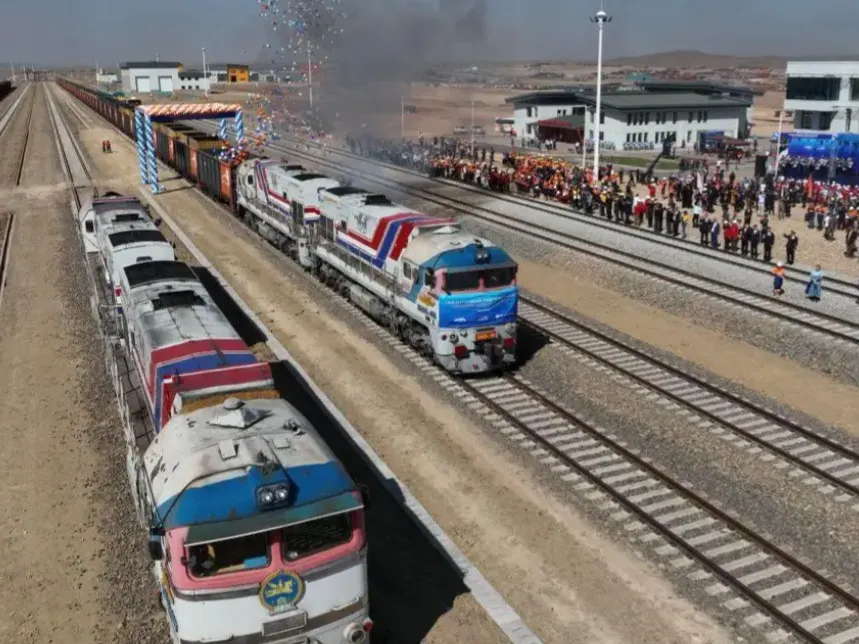

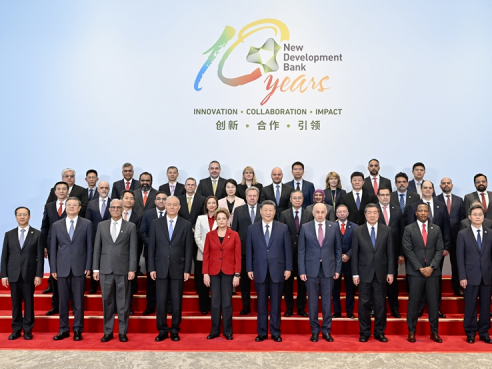
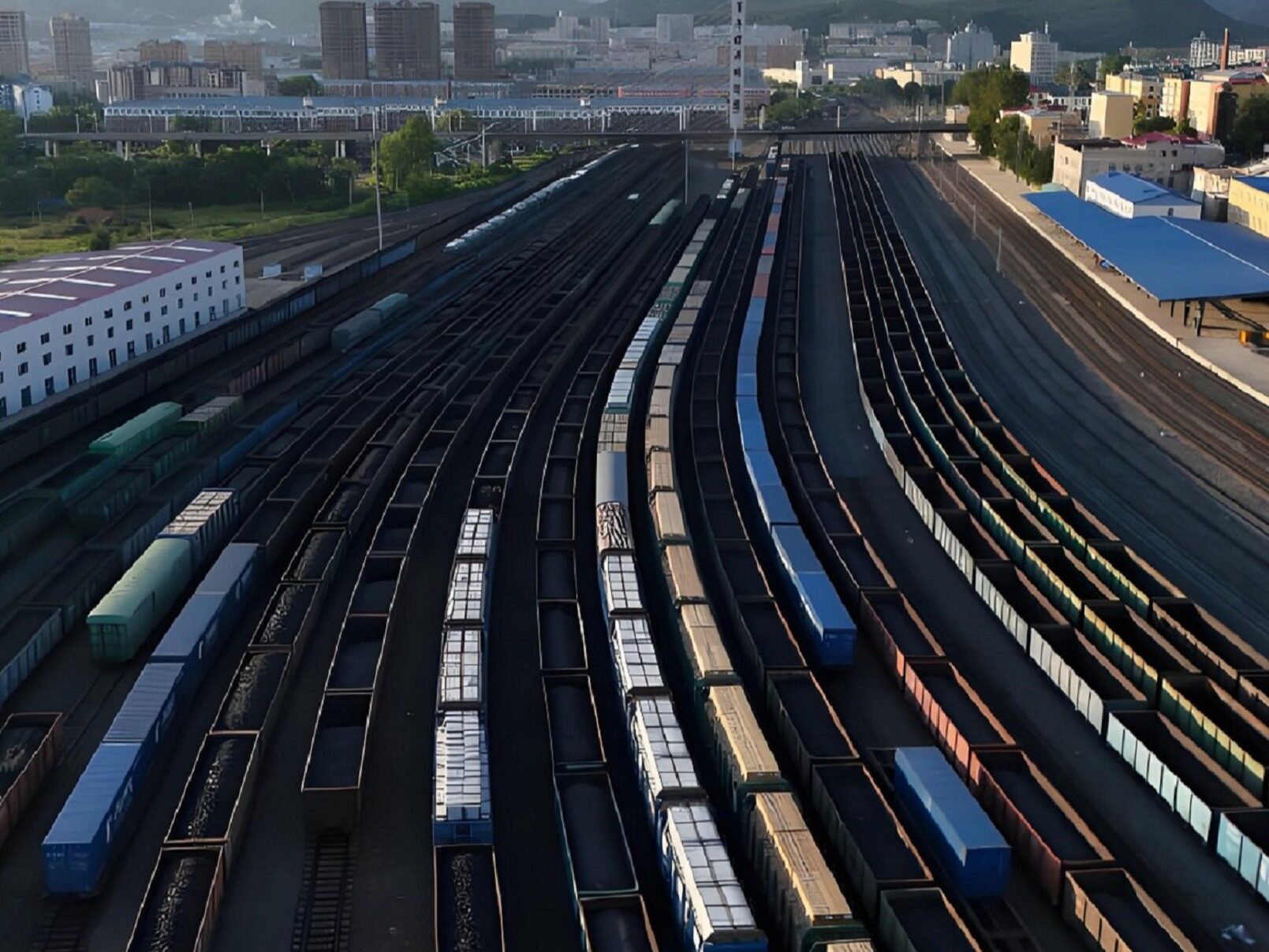
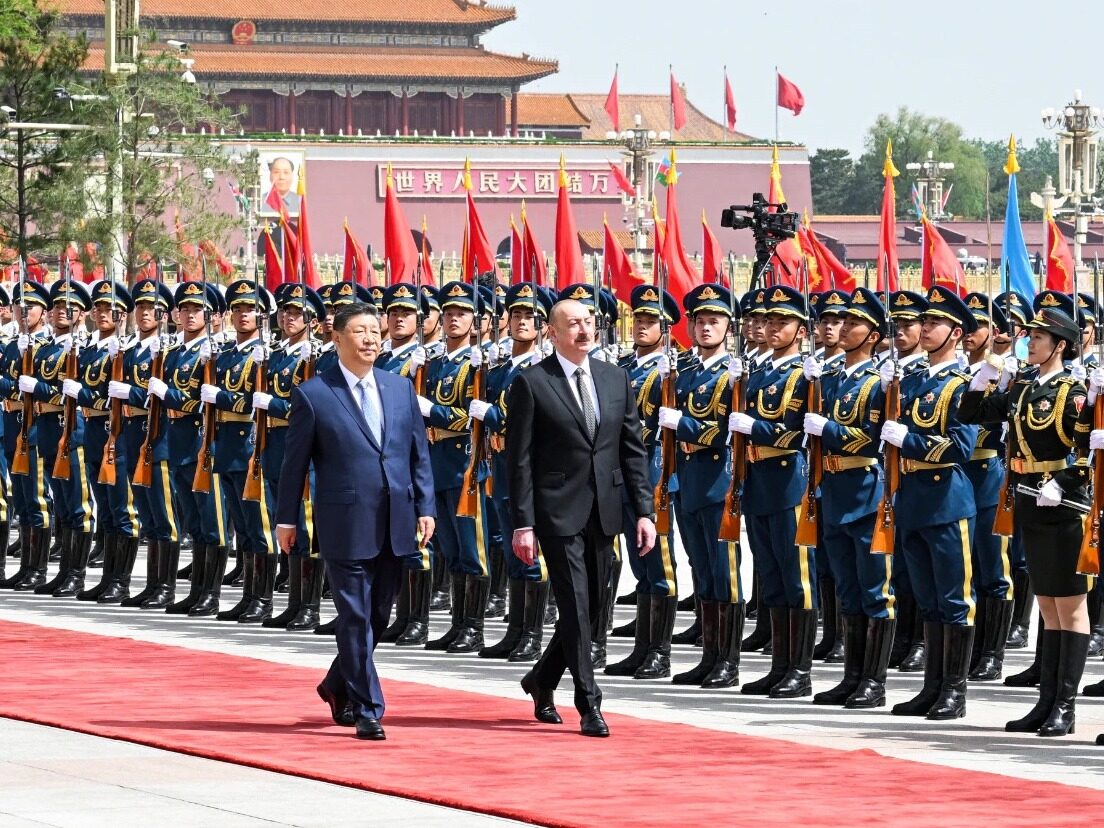
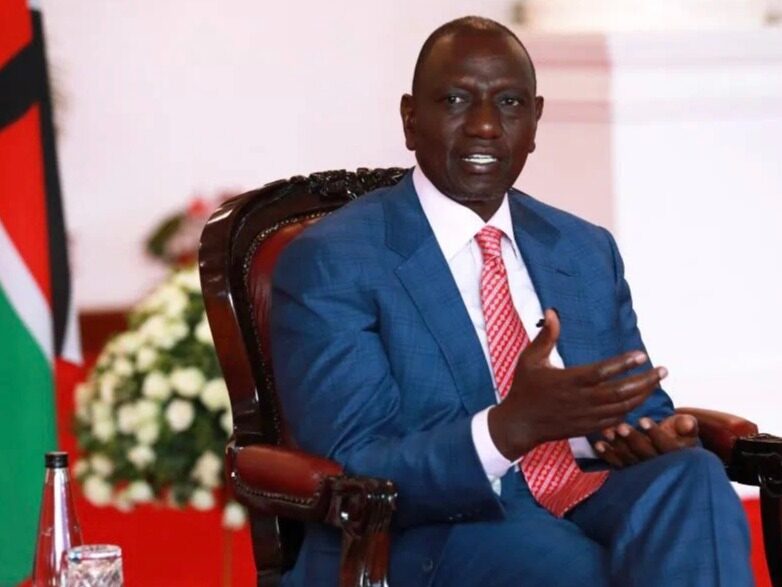






Write something~